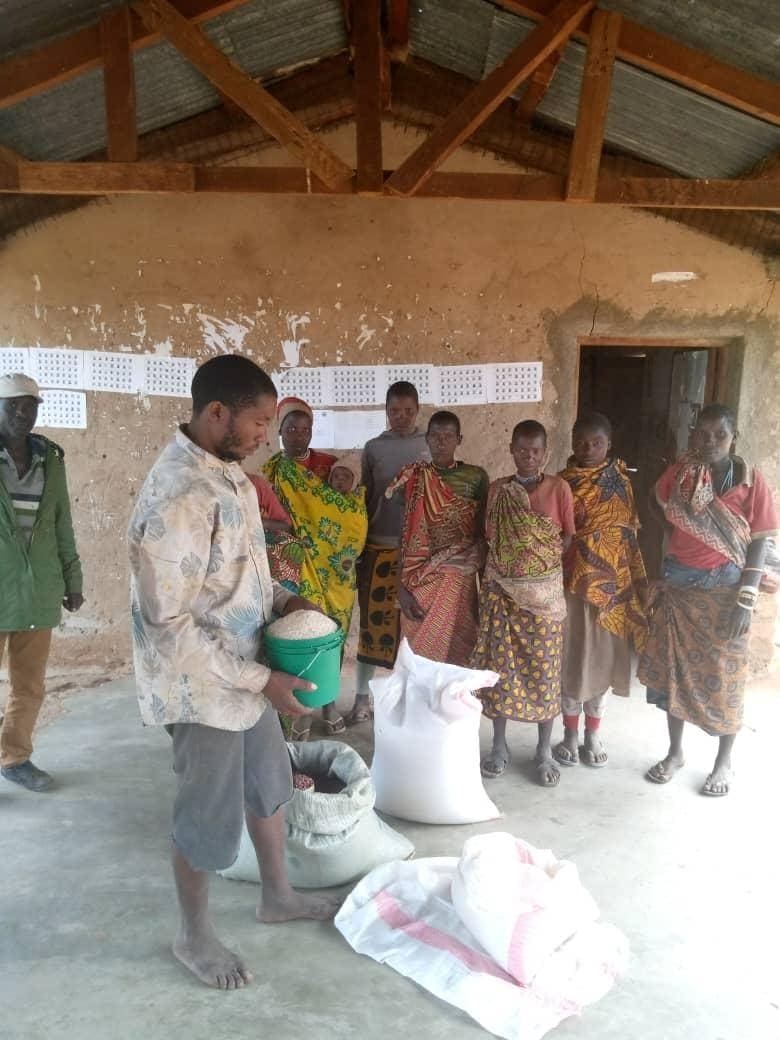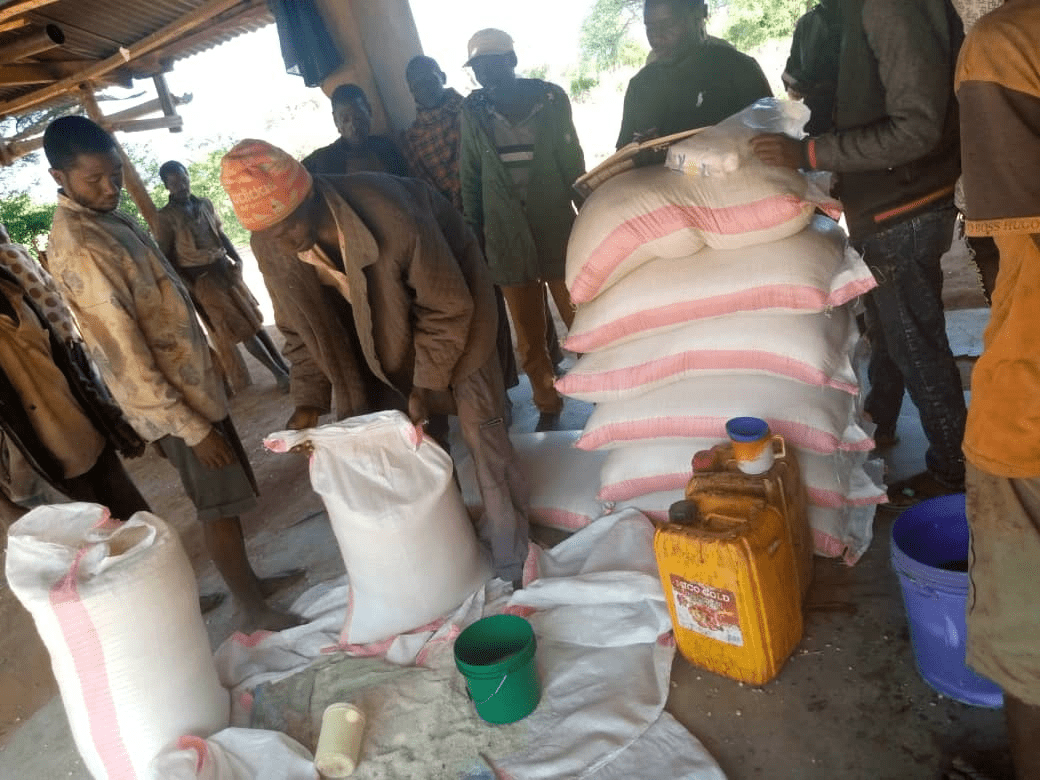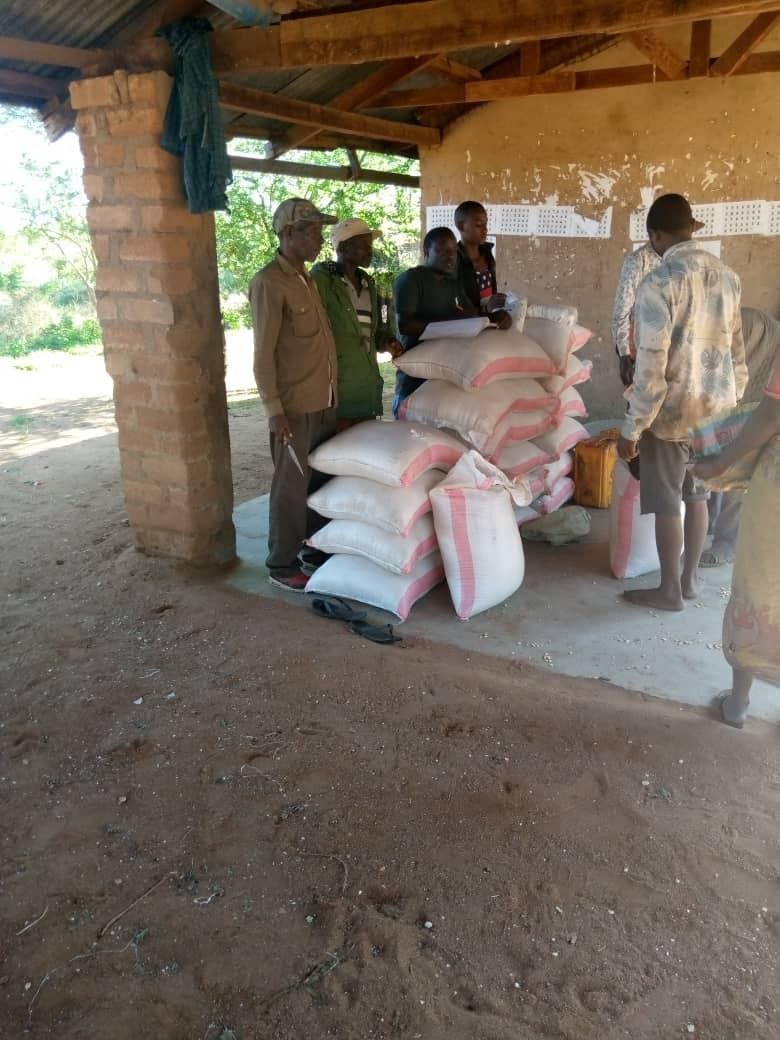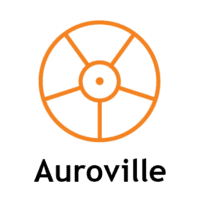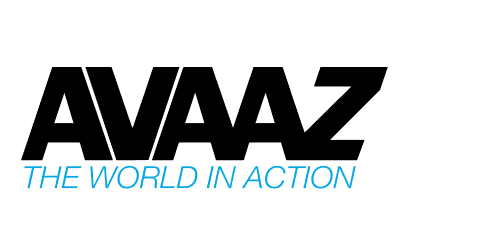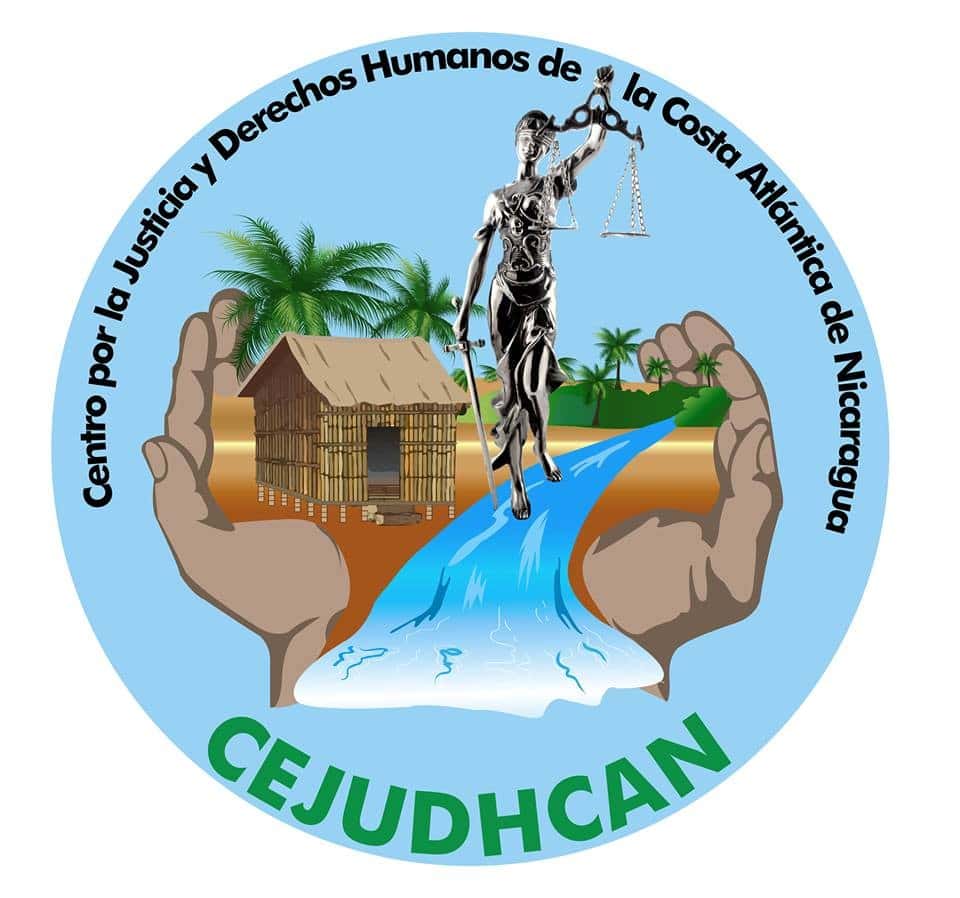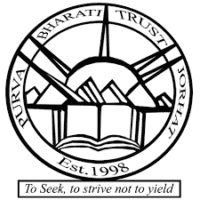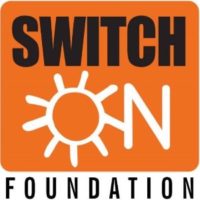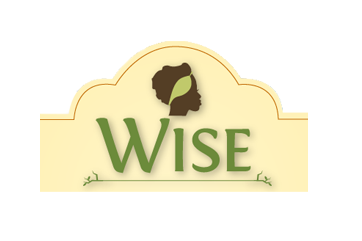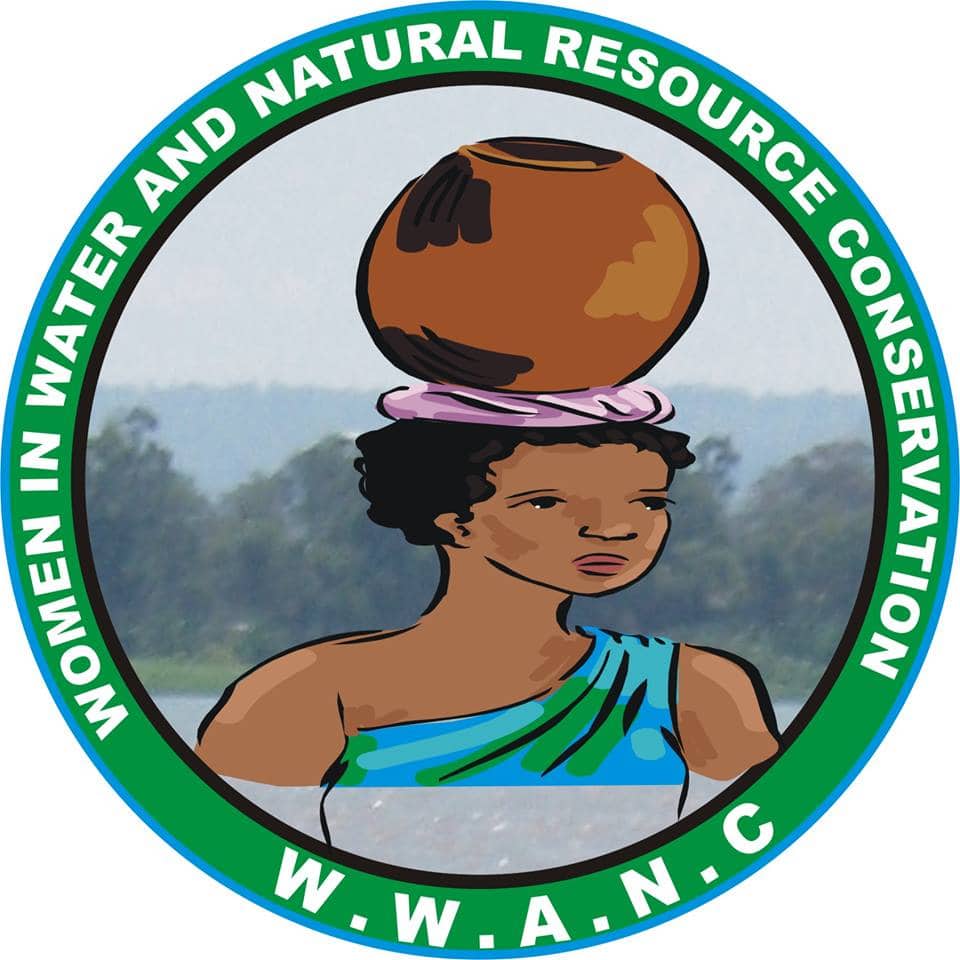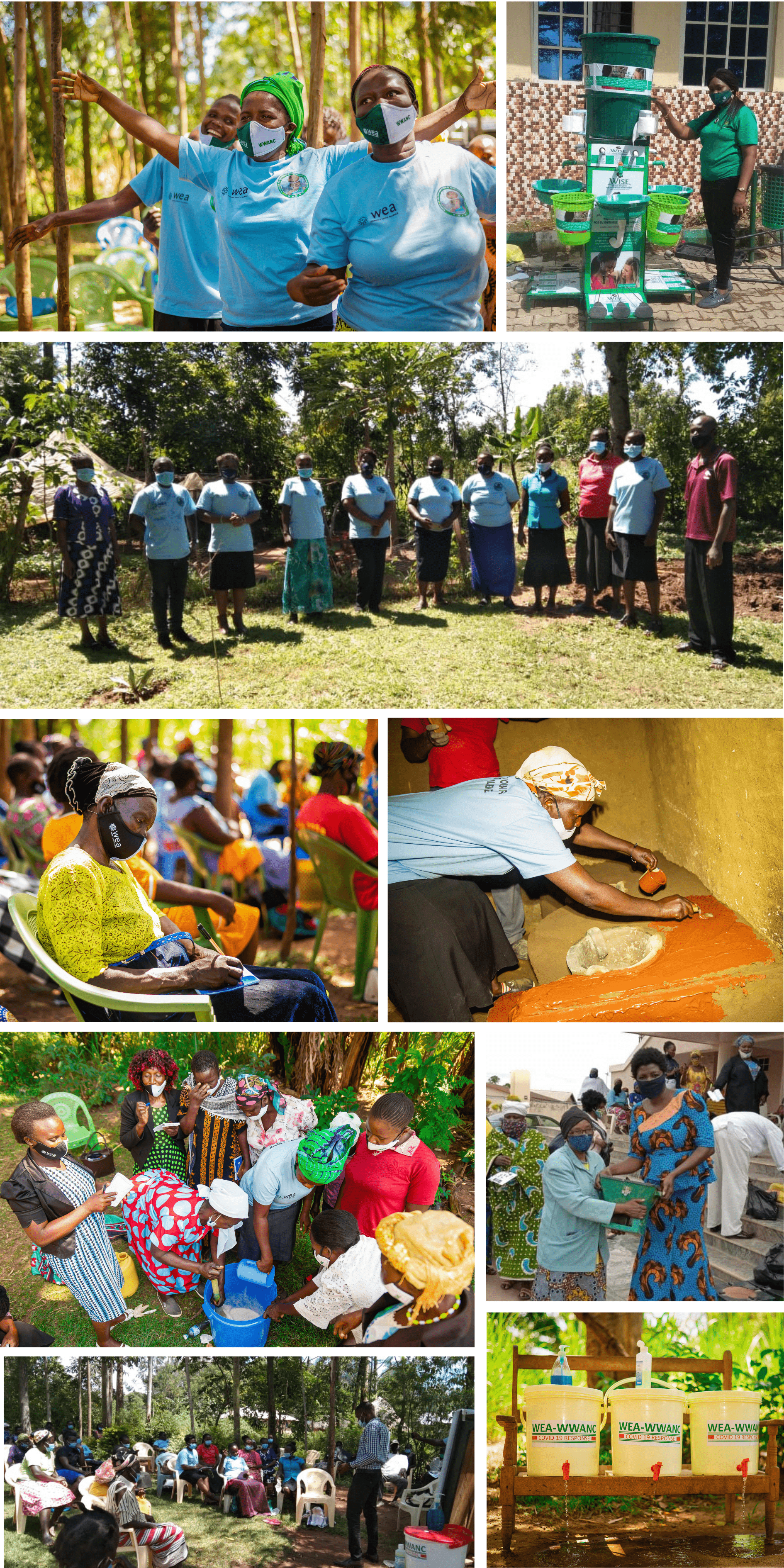COVID + Climate Resilience
WEA’s Global COVID + Climate Relief, Recovery, and Resilience program has supported thousands of grassroots women leaders to distribute life-saving supplies, secure vulnerable women’s immediate health and safety needs, build knowledge and skills via grassroots women’s networks, and create resilient support systems for the future. The program is being implemented in Kenya, Uganda, Tanzania, Congo, Nigeria, India, Mexico, and Nicaragua.
Goals of the COVID + Climate program are:
Keeping people alive and safe through emergency relief distribution to the most vulnerable via grassroots women's networks in priority regions.
This includes:
- protective equipment like masks and hand sanitizer to enable women to safely engage outside of their homes
- reproductive health supplies
- food provisions
- safe water and sanitation
- oxygen and critical telehealth services
- productive assets like climate-resilient seeds and tools to re-establish and bolster women’s livelihoods
Creating long-term community resilience by launching food, water, health, and livelihoods solutions.
Through WEA’s signature model, we are resourcing and networking with grassroots women leaders regionally and across regions. Women-led Resilience Initiatives are generating health, economic, social, and environmental impacts that grow beyond immediate needs. Trainees are building skills, networks, and assets to design and implement community-led Resilience Initiatives such as:
- tree nurseries for food supply, erosion control, and income
- clean cookstoves to improve health, increase household savings, and reduce deforestation
- seed banks to store indigenous seeds that are flood and drought resistant, reduce food insecurity, and that generate income
- water filter microenterprises that end water-borne illnesses and generate women’s livelihoods
Our partners on-the-ground are creating impact across the UN Sustainable Development Goals (SDGs) including:
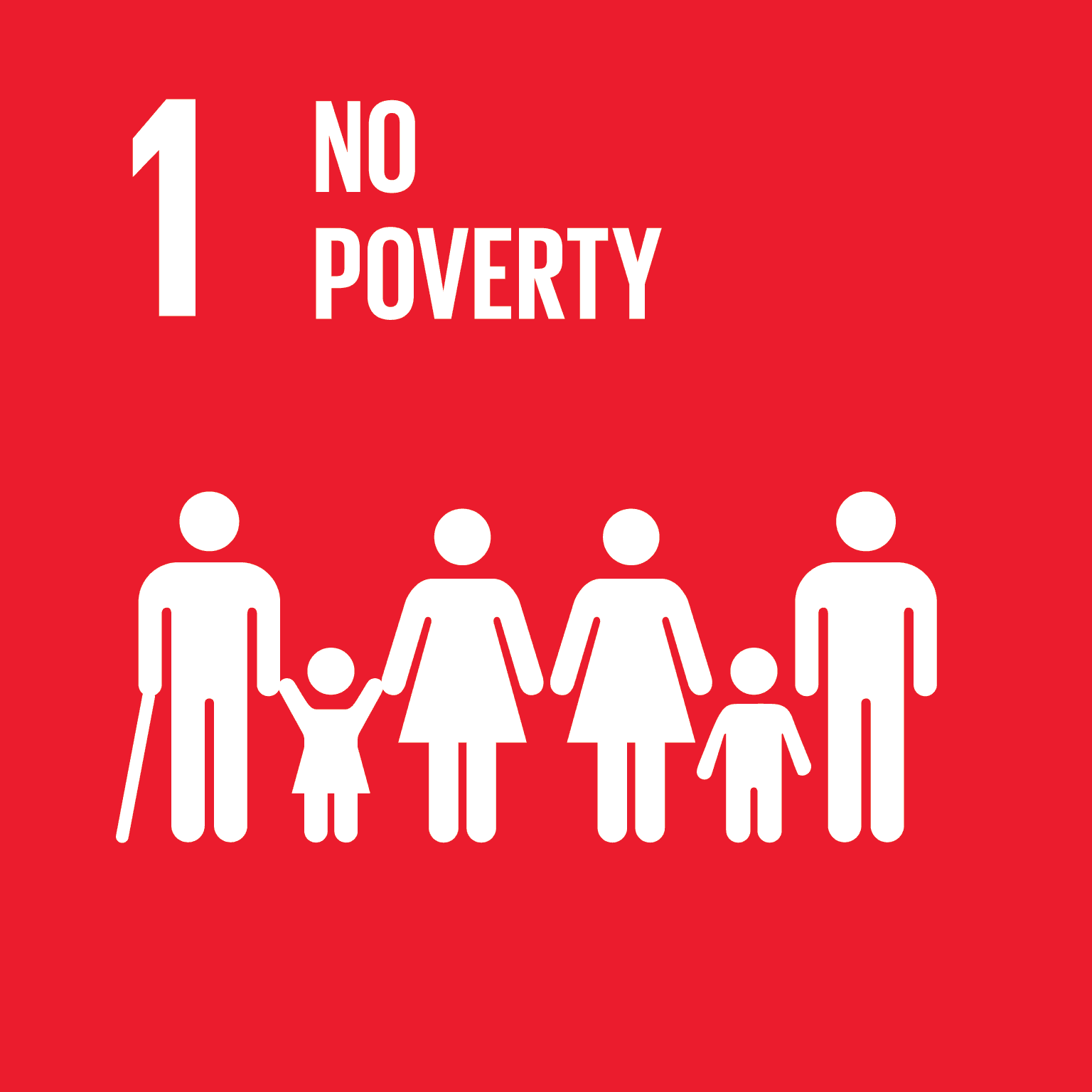



Projects
Kenya
In Kenya, communities are facing the threats of COVID-19 and acute climate shocks like heavy rains and flooding, including food insecurity, displacement, and loss of livelihoods. Longtime WEA partner Women in Water and Natural Resource Conservation (WWANC) is activating its network of 150 Self Help Groups (SHGs) and building distribution channels to provide emergency food, supplies, and life-saving Water Sanitation and Hygiene (WASH) services to vulnerable households and evacuees who are now living in local schools for shelter.
In addition, we are building the capacity of grassroots women leaders to design and implement community resiliency solutions to the COVID and climate crises, solutions like tree planting, clean cookstoves, seed saving, and climate-smart agriculture. These interventions are designed to keep communities afloat during the COVID-19 pandemic and create lasting solutions to climate and health crises.
Since December 2020, the COVID + Climate Resilience program in Kenya has hosted 10 trainings in Narok, Kakamega, Kitui, Mt. Elgon, Nakuru and Taita Taveta (6) counties, with at least 30 women and community members attending each training. These trainings include resilience initiatives such as, establishing tree nurseries, installing energy-saving jikos and solar lamps, climate smart agriculture, erosion control activities, and developing community-based climate action plans.
WWANC is also employing its network of trained women WASH masons and builders to construct storage tanks, biosand water filters, “tippy-tap” water stations, VIP toilets, and rainwater harvesting systems.
Check out this video of WEA’s 2021 International Women’s Day event featuring Rose Wamalwa and Stella Wanjala, Co-founders of WWANC, as they discuss the importance of women’s leadership in the climate movement and the impact of WEA’s COVID + Climate Resilience Program in Kenya.
Nigeria
In Nigeria, longtime WEA partner Women’s Initiative for Sustainable Environment (WISE) is providing food relief to the most vulnerable families in Kaduna State and neighboring states by directly engaging the leaders of local groups and communities to channel food relief items to their localities. The COVID lockdown has been catastrophic to vulnerable communities in northern Nigeria, where only 24% of households have access to basic services like electricity, water and sanitation. WISE is running a food and health relief program to distribute essential food and medicines to 6,000+ poor and food insecure households across Kaduna State and have established a Food Hub to address long-term food security issues.
Through this program, WISE has trained teams of leaders to be first responders, each woman distributing critical food and health supplies to 200 households in their communities, and designing and implementing long-term solutions to climate and health crises through climate resilience trainings. This work has created impact for more than 2,000 households (approximately 10,000 people) across Kaduna State in Nigeria.
In next phases of WEA’s COVID + Climate programming in Nigeria, women leaders will be trained in climate smart agriculture, establishing tree nurseries as an income generating activity and the establishment of a robust communications system for grassroots women leaders and groups to communicate and exchange information.
Learn more about Nigeria Program Lead Olanike Olugboji and the WEA / WISE partnership.
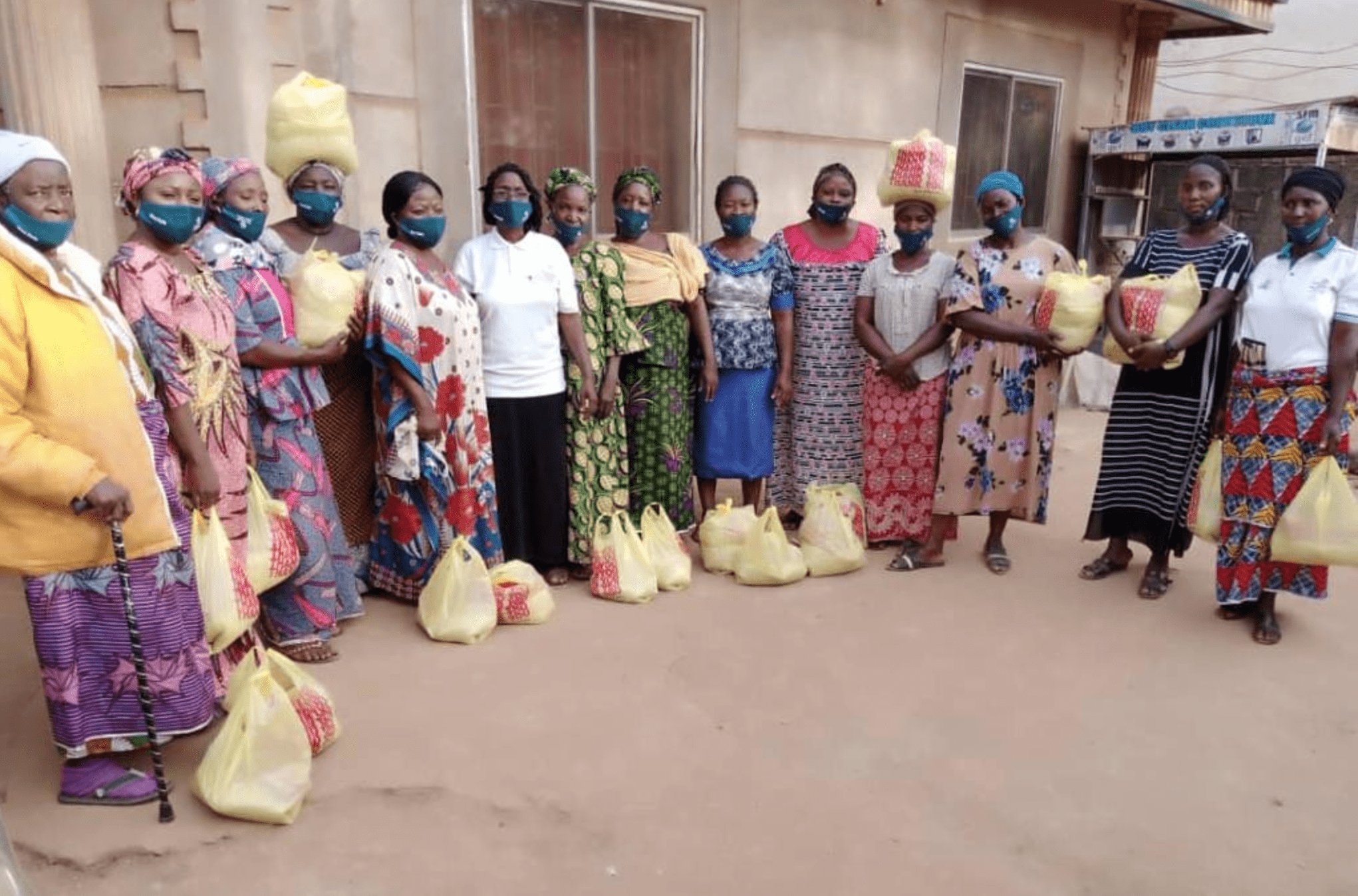
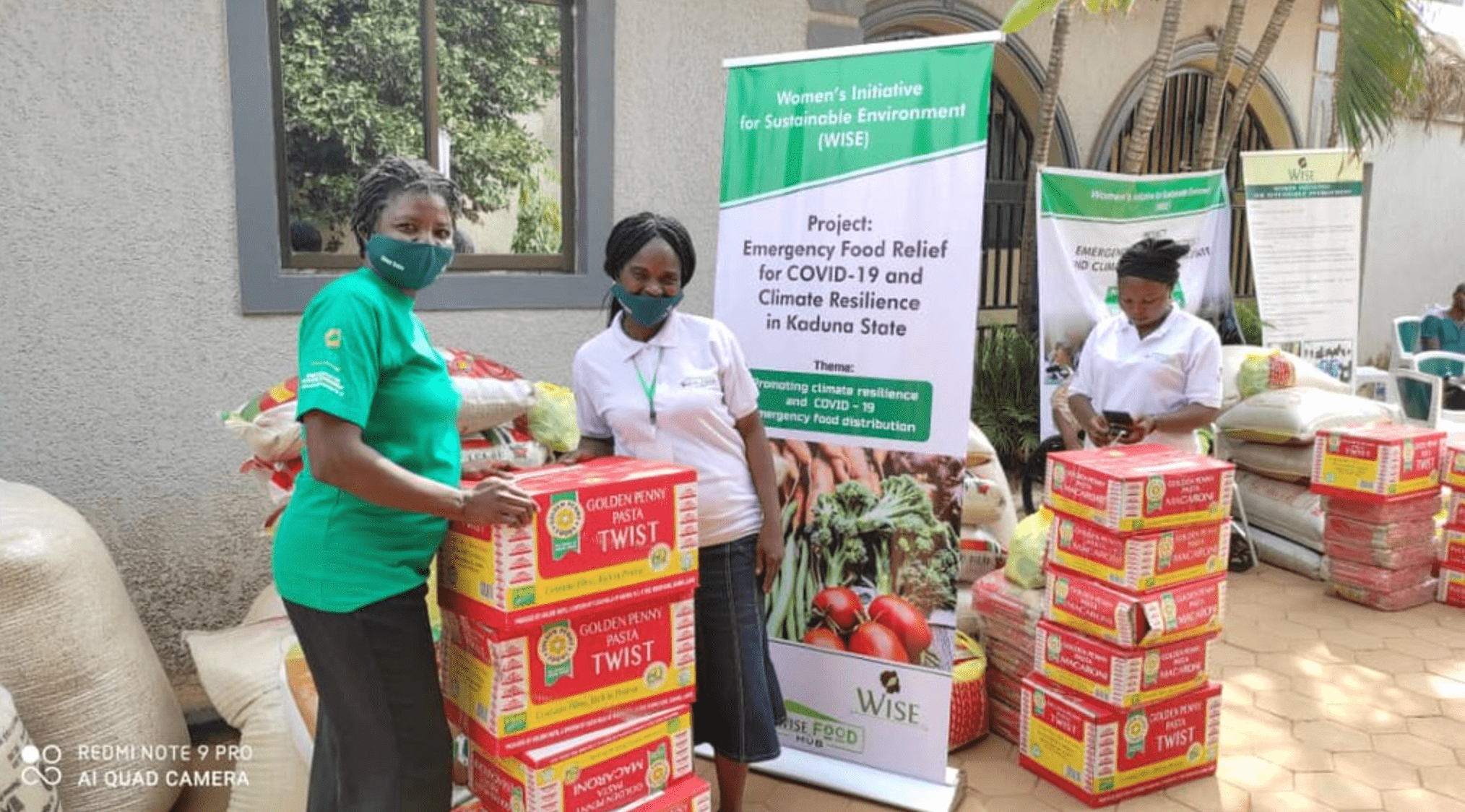
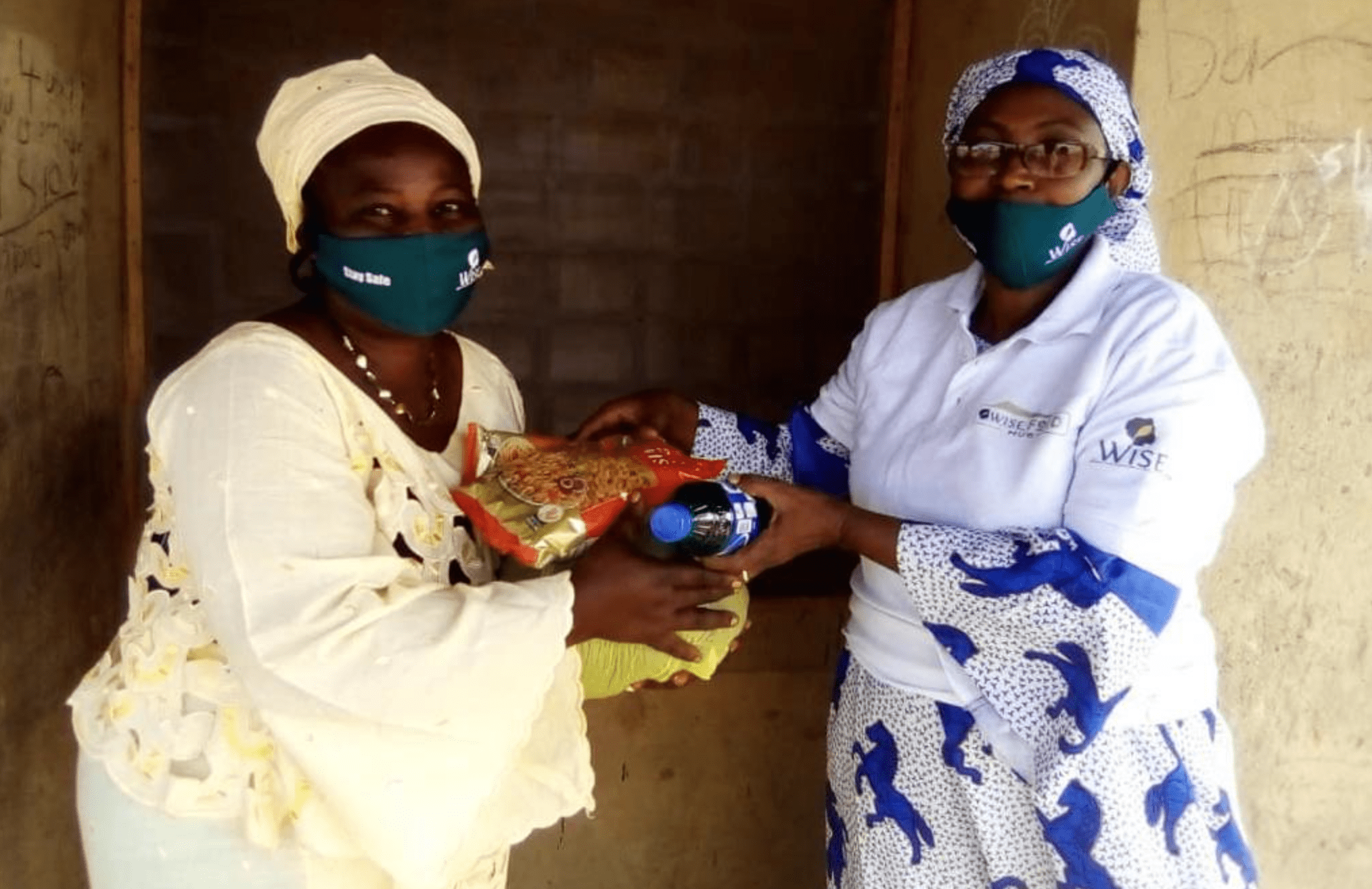
India
In India, WEA is partnering with Purva Bharti Educational Trust (PBET), SwitchON Foundation and Auroville Foundation to provide emergency COVID-19 relief in states across the country. These solutions address the specific needs of the people in different areas and are unique examples of women-led grassroots solutions in response to crises.
In Assam, Bihar, Uttar Pradesh, Madhya Pradesh, Rajasthan, Haryana, PBET is working with 30 frontline, grassroots activists from Adivasi, Dalit, and minority communities and providing safety, health, pyscho-social support, and livelihood generation activities. In addition, as India experiences a deathly second COVID-19 wave, PBET is providing 3,000 families from these communities with emergency food relief and health and hygiene kits through women’s groups and the grassroots activists.
Learn more about the WEA / PBET partnership and our long term WASH work in Assam.
In Tamil Nadu, the Auroville Foundation is working with 20,000 households from 75 settlements in 35 panchayats in the Auroville bioregion, to provide emergency food items, in addition to launching educational campaigns on building community resilience to COVID-19. The Foundation is partnering with a team of local women who will stitch cotton masks, sourced from local weavers, generating livelihoods and income for these vulnerable groups during this critical moment.
In West Bengal, SwitchON Foundation is providing emergency food relief to vulnerable communities, especially migrant and daily wage laborers, and domestic workers, many of whom have lost their sources of livelihood and income during the pandemic. In direct response to the second COVID-19 wave, SwitchON is also establishing oxygen centers and telehealth services for people directly affected by COVID-19.
The Democratic Republic of the Congo
In the Democratic Republic of the Congo, WEA is partnering with Alerte Congolaise pour l’Environnement et les Droits de l’Homme (ACEDH), an organization led by indigenous human rights lawyers who grew up in the very communities they represent. ACEDH works with a community of 36,000 landless people, often overlooked by the government, to facilitate their participation in advocacy and protect their basic rights. The COVID + Climate program is instrumental in providing basic food and medical supplies to these 36,000 people, as well as working with the community to address their chronic climate and food insecurity challenges through women-led grassroots solutions for long-term resilience.
Nicaragua
In Nicaragua, the Center for Justice and Human Rights on the Atlantic Coast of Nicaragua (CEJUDHCAN) is working with Indigenous Miskito communities to defend indigenous land rights, train Miskito women in bio-intensive agriculture, and provide critical food security. Through the COVID + Climate program, CEJUDHCAN, composed of Indigenous leaders on the frontlines of these challenges, is providing critical food and medical aid to already strained Miskitu and other Indigenous Nicaraguan communities as they fight an armed land grab and apathetic government. The program is serving 25,000 people in 21 communities, across 4 local government districts.
Tanzania
In Tanzania, Association for Law and Advocacy for Pastoralists (ALAPA) works with 120 indigenous tribes, including pastoralists and hunter-gatherers. Some of the most endangered Indigenous Tanzanian tribes, including the Maasai, Hadzabe, D’toga, are isolating themselves in order to protect their communities from COVID-19. ALAPA is delivering basic food and medical supplies requested by tribes via trucks to 2,500 Indigenous people living in highly-remote and marginalized regions of the Yaeda Chini Valley in Tanzania, and identifying ways to address climate and food insecurity in the long term with communities that are losing their traditional livelihoods of hunting or herding cattle due to land encroachment. ALAPA is working with a core group of community leaders at each village to distribute relief and mobilize communities to address the impacts of COVID-19 and climate change.
